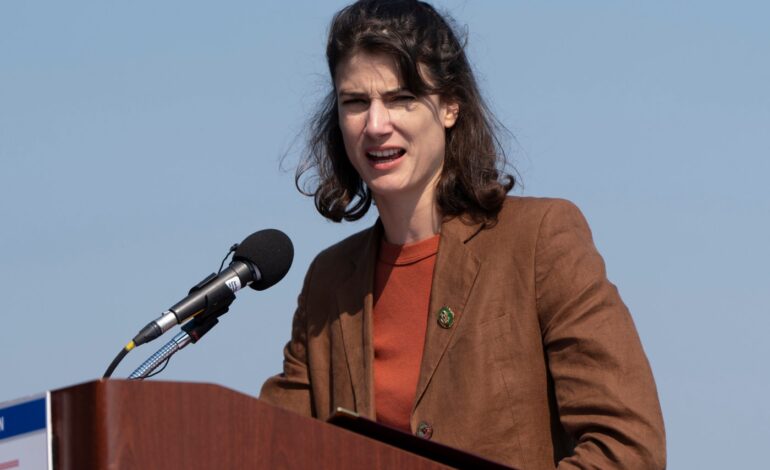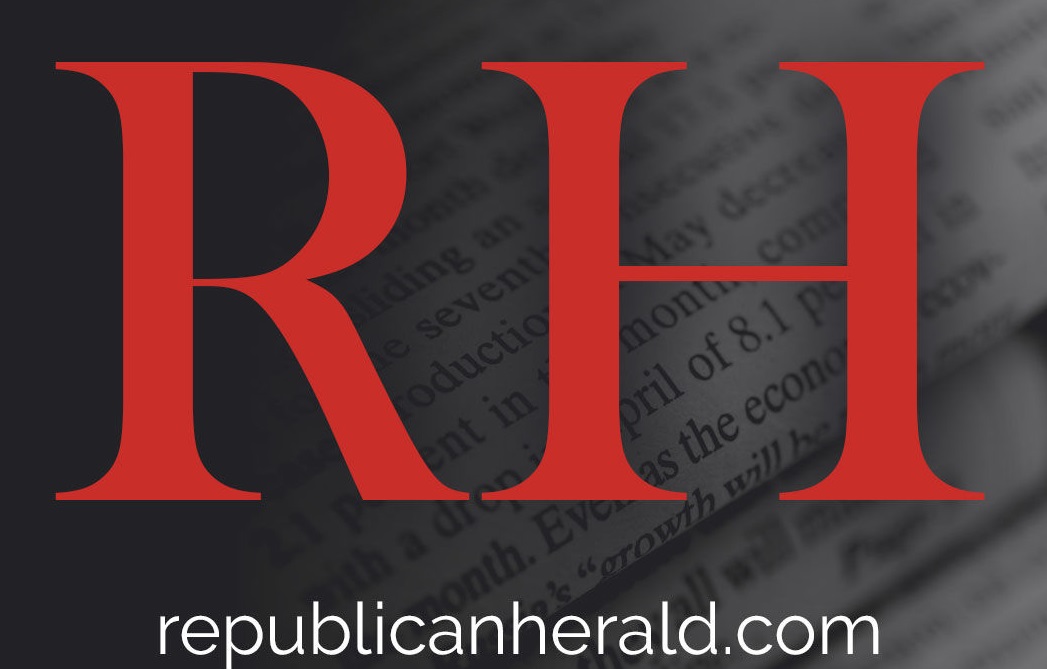Six Democrats Join Republicans to End Government Shutdown

A bipartisan effort in the United States Congress led to the reopening of the government this past week, as six House Democrats voted alongside Republicans to pass the funding bill. This decision came after a government shutdown that had significant implications for various federal programs and services.
Political analysts, including Mark Jones from Rice University’s Baker Institute, noted that the six Democrats represent districts that lean Republican or are highly competitive. According to Jones, “None of them represents a district where they are a lock to win in November.” This reflects a strategic move to appeal to constituents in their respective districts, where political dynamics are less favorable for Democrats.
Among the six Democrats, Marie Gluesenkamp Perez of Washington characterized the shutdown as a “partisan car crash.” She emphasized the need for Congress to prioritize collaboration over partisan victories, stating, “Americans can’t afford for their representatives to get so caught up in landing a partisan win that they abandon their obligation to come together to solve the urgent problems that our nation faces.”
The votes came as Republicans sought a clean continuing resolution to extend government funding after it lapsed at the beginning of October. Democrats pushed for amendments concerning Medicaid changes and the extension of enhanced tax credits under the Affordable Care Act, but ultimately secured only a promise for a future vote on those subsidies.
The Cook Political Report lists three of the dissenting Democrats—Adam Gray of California, Henry Cuellar of Texas, and Don Davis of North Carolina—as representing “toss-up” districts. Gray articulated concerns over food assistance during the shutdown, calling it a critical issue that warranted bipartisan cooperation. “That’s why I voted for a bipartisan agreement that takes food assistance off the table for an entire year,” he wrote in an op-ed.
In contrast, Jared Golden of Maine chose not to run for reelection, stating his commitment to ensuring affordable health insurance remains a priority. He urged his colleagues to extend the Obamacare subsidies to support millions of Americans reliant on these plans.
The outcome of this legislation is significant for the Democratic Party as they approach the next midterm elections, scheduled for November 2024. The Cook Political Report currently identifies only 16 of the 435 House seats as toss-ups, while the remainder are expected to lean towards one party or another.
As history suggests, the sitting president’s party often loses seats in midterm elections, a trend that may come into play as Democrats aim to retain crucial seats. Jones noted that while there may be a sense of defeat regarding the ACA subsidies, Democrats could leverage Republican votes against these measures in the upcoming elections.
In summary, the decision of these six Democrats to align with Republicans reflects the complex electoral landscape they navigate. By prioritizing their constituents’ immediate needs, they aim to position themselves favorably in the lead-up to a critical election cycle.






